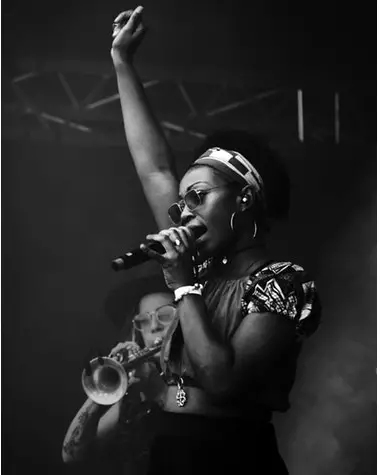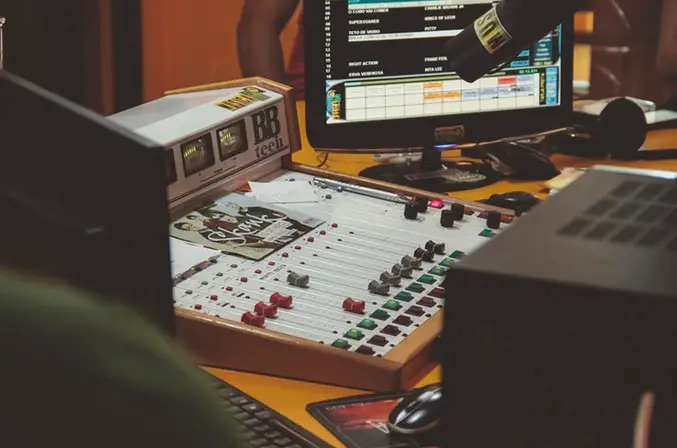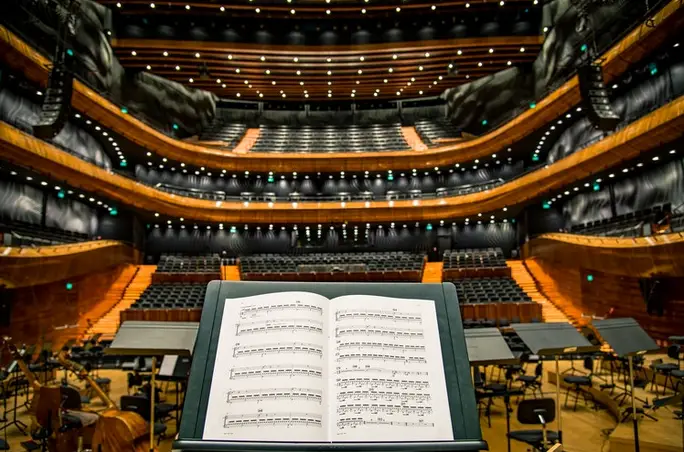Table of Contents
Introduction
Many aspiring artists often ask the question: “how much do music producers make per song”? Well, in this article, we’ll show you how much you’ll most likely earn if you want to be a producer, musician or artist/composer and the like.
What Are Some Careers In Music?
So, do you want to enter the music world and grab a successful career? You could be working in any of the following jobs:
- Music Producer – your job is to arrange and make music using studio gear, your computer and various instruments around you. Music producers also need some knowledge when it comes down to sound frequencies theories as well as music.

- DJ – your job is to get the party started! DJs are tasked to play nonstop music, which is easier nowadays thanks to software and gadgets so that the mood and atmosphere of any party or event are kept. Usually, DJs can become producers, eventually.

- Songwriter/Composer – your job is simple: write song lyrics, melodies and chords, and voila – a masterpiece! Songwriters and composers are some of the most underrated jobs in the music industry, simply because not all people can write songs. Some can write poems but putting music in them can be quite tough if you lack musical knowledge/experience.
- Band Member – you can either be a band’s lead vocalist, guitarist, drummer, bassist, keyboardist, saxophonist or whatever position there is. As a band member, your group should have unity and split the royalties accordingly. You should also be prepared for lots of band rehearsals with the band.

- Singer/Vocalist – your job is also quite simple: singing! You can either be hired by a group or label as a lead or backup singer or, if you write songs yourself, you can become a solo artist! You can also have someone write you songs and you can do a collaboration!
- Recording Engineer – your job is to make sure that the recording session for any artist goes well. You’ll need some degree in sound engineering, as these guys need to have knowledge of sound frequency theories, studio gear and the like.

- Radio DJ – your job is to work for a radio station and become the gateway to most new artists’ road to fame! Their success mostly depends on your hands, so if you want to plug an artist then you should do your best on the interview rather than just play the song. Most radio DJs need to be extensive with their musical knowledge other than their lively/smooth speaking voice.

- Conductor – do you want to go classic? Musical conductors tend to be very rare as well since it’s a difficult job. You’d need to get a degree in music, read notes perfectly and have a very deep artistic background.
- Marketing/Sales/Booking Agent – this career opportunity is not just for the musicians, but also for those who have finished some business or marketing course. They can just take some short courses with learning music copyright and releases and you can be hired by a record label to manage an artist’s discography, sales, tours, etc.
- Orchestra Member – if you play classical music and instruments, such as a violin, a brass instrument and the like, you’d probably best fit as an orchestra member!
How Much Do Music Producers Get Paid?
On a worldwide scale, an average of $55,000 per year is the usual salary of a music producer. However, this can depend on various factors, such as:
- Size of your record label (e.g. number of artists/producers/staff)
- The country you live in (and its economic status
- Your record label’s annual/monthly music sales and royalties
How Much Do Musicians Make A Year?
In the United States, here is an overview of how much musicians can make a year, according to a certain survey/report:
[table id=14 /]
Of course, this is just in the U.S. – in other countries, this can be a little bit different, usually, depending on the factors, we mentioned above.
Any Tips on How To Sell Music Online Successfully?
If you want to make money online with your music, here are the things you can do to get started:
- Sell/distribute through online platforms
Among the online services, you can use for selling music include Bandcamp, Spotify, iTunes and more. Bandcamp is totally free, but if you want to reach more audiences, you can try Spotify and iTunes but you’ll need to sign up for an aggregator like CDBaby, Tunecore or Distrokid for a small annual fee.
- Get YouTube Adsense
Allowing advertisers on your music videos and song releases on YouTube can also get you money. Keep in mind that YouTube/Google does have some guidelines for this to get approved.
- Set up a Patreon/Kickstarter
Crowdfunding can also help you to earn. For instance, you can release exclusive songs or albums and if your patrons/supporters pledge certain amounts, that’s when the money kicks in!
Digital Music Distribution
Of course, selling music online does have its pros and cons, just like with physical album sales. When it comes down to digital music distribution, you may encounter some challenges up ahead. Here are some of them:
- Payout problems
- Poor marketing
- Lack of support/initial audience
- Obtaining licenses for covers/remixes/sampled songs
Best Way To Sell Music Online
Selling and marketing your stuff online could still be a challenge if you’re still an unknown artist. Here are some potential tips on how to get your music sales up, whether you’re an indie or with a record label:
- Get advice on music marketing – you can ask around music forums, get help from fellow artists or read articles online on strategies on how to market your stuff better!
- Invest in paid music aggregators – CDBaby, Tunecore and Distrokid may all be paid services, but the important thing is that you can distribute your music to a bigger audience!
- Ask your family, work colleagues and friends for support – especially for indie musicians, even if your music is not their style or taste, if they share your music to their friends of friends, who knows – you may eventually find people who are interested in your music style!


